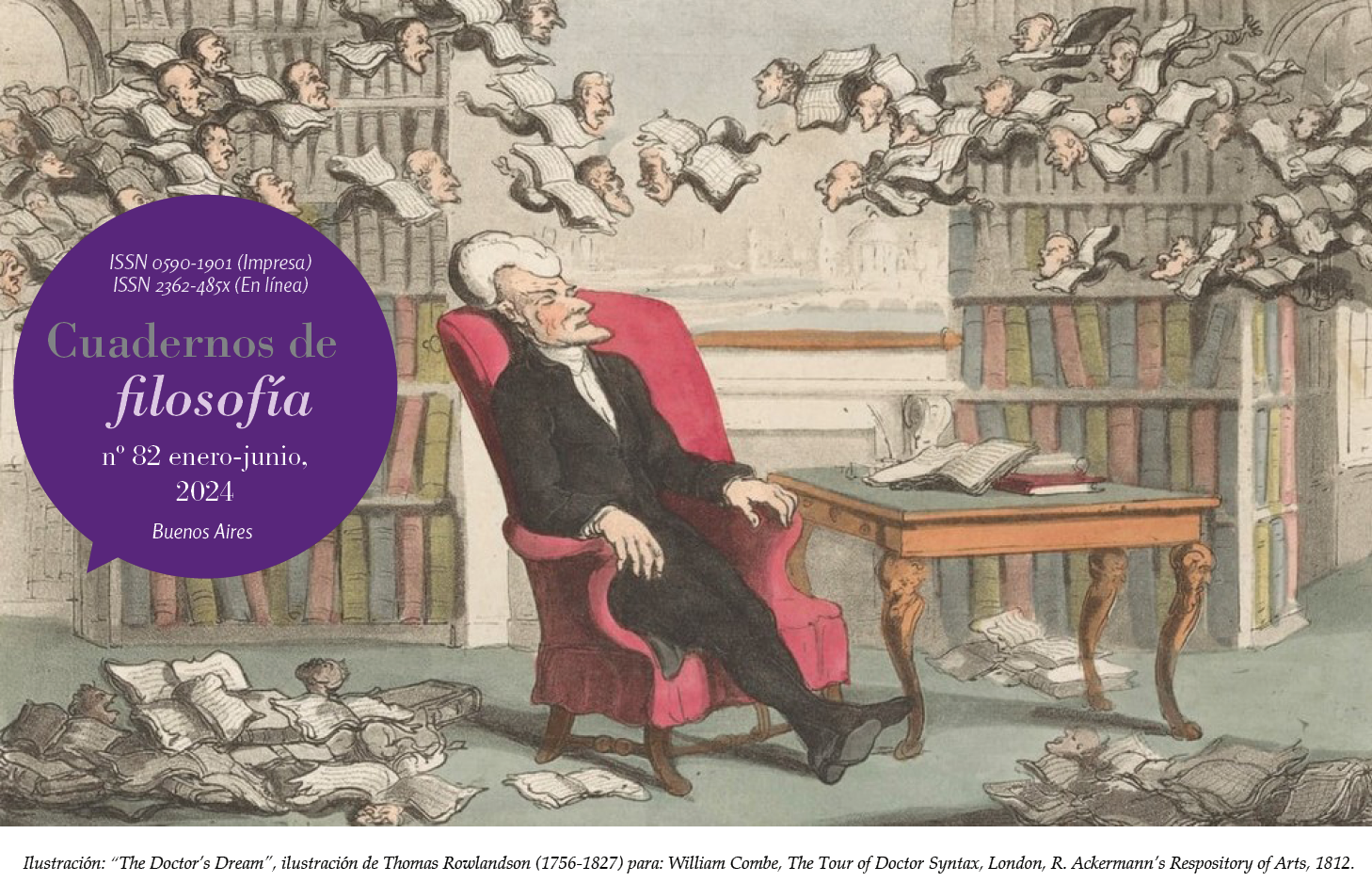Richard Sylvan: ¿Es necesaria una nueva ética, una ética ambiental?
Resumen
En este trabajo se presenta la primera traducción al castellano de uno de los artículos fundadores del campo de la ética ambiental profesional. El artículo es precedido por un estudio sobre su contexto intelectual, político y biográfico, que apunta a dimensionar e interpretar su inserción y funcionamiento en la discusión filosófica a 50 años de su publicación original. En efecto, este acto de fundación es deliberado y el autor contribuye a ella en la forma de un argumento global, que es necesario comprender dentro de sus motivaciones íntimas y su trama pública, que hoy continúan vigentes en muchos aspectos. Porque la pretensión que toma dicho acto no es la inauguración de una subespecialidad, entendida como la apertura de nueva ramas de tratamiento especializado dentro de un campo conceptualmente estructurado, sino la reformulación global del campo mismo, a partir de una percibida incapacidad de dar tratamiento adecuado a las transformaciones y desafíos ambientales del siglo XX y XXI. El artículo contiene un influyente análisis crítico del bloque de la ética antropocéntrica, y por extensión a una de las matrices del pensamiento occidental en el que esta se ha desarrollado, y ofrece un soporte pionero para el desarrollo de las éticas bio- o eco-céntricas. A modo de bisagra entre las dos cosas aparece un elemento argumental célebre, el experimento mental de la “última persona”.Descargas
Los autores/as que publiquen en esta revista aceptan las siguientes condiciones:
Los/as autores/as [traductores/as] conservan los derechos de autor/a y ceden a la revista el derecho de la primera publicación, con el trabajo registrado con Licencia Creative Commons Atribución-NoComercial-CompartirIgual 4.0 Internacional, que permite a terceros utilizar lo publicado siempre que mencionen la autoría del trabajo y a la primera publicación en esta revista.
Los/as autores/as pueden realizar otros acuerdos contractuales independientes y adicionales para la distribución no exclusiva de la versión del artículo publicado en esta revista (p. ej., incluirlo en un repositorio institucional o publicarlo en un libro) siempre que indiquen claramente que el trabajo se publicó por primera vez en esta revista.
Se permite y recomienda a los/as autores/as a publicar su trabajo en Internet (por ejemplo en páginas institucionales o personales).
Políticas de detección de plagio
La colaboración de los y las editores/as, autores/as y evaluadores/as de esta revista y la guía de ética de los procesos editoriales se rige por los Principios de transparencia y buena práctica en publicaciones académicas del Committee on Publication Ethics (COPE) disponible aquí.
Todos los artículos enviados a esta publicación serán supervisados mediante una búsqueda online.







